Responsible Innovation Future Science Platform


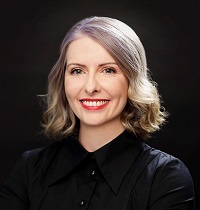 |
Welcome to the first official newsletter of CSIRO’s Responsible Innovation Future Science Platform (RI FSP). It’s where we’ll be reporting on our recent engagements and updating you on what’s new around the FSP.
The RI FSP was established in 2019 to ensure CSIRO undertakes a dedicated program of research that assesses the risks, benefits and uncertainties associated with CSIRO’s future science platforms.
The RI FSP vision, therefore, is to ensure responsible science and technology is designed and delivered for the benefit of all Australians.
Over the past two years we’ve been working to develop the capabilities that catalyse adoption of responsible science and technology across a range of portfolios by relevant stakeholders and end users. This couldn’t be achieved without our university partners and diverse talent spanning across Australia, including nine postdoctoral fellows and four PhD scholars.
In this newsletter, we are excited to share with you some of our work with the Centre for Entrepreneurial Agri-Technology at ANU to develop new research capability in responsible innovation across the agri-tech sector, and our work with CSIRO Education & Outreach to build RI capability in the next generation of STEM experts. We hope you enjoy learning about the breadth of research underway in establishing and advancing responsible innovation in Australia.
Justine Lacey
RI FSP Director
News from the FSP
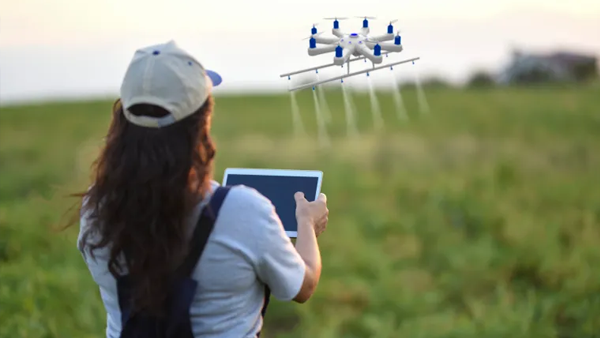 " After="" />
" After="" />
New digital tools to aid decision-making in agriculture have huge potential to unlock productivity, environmental and efficiency gains for farmers and agribusinesses. But as with any new technology, there is potential for misuse or misappropriation of technologies with potential socio-technical impacts. The RI FSP has launched the first Australian short course on responsible innovation and agri-technology at the Centre for Entrepreneurial Agri-Technology (CEAT), Australian National University. The course builds the capability and understanding of all stakeholders engaged in agricultural innovation, allowing them to be informed about the data they contribute and use, not just as a consumer, but as a co-creator and curator of the data.
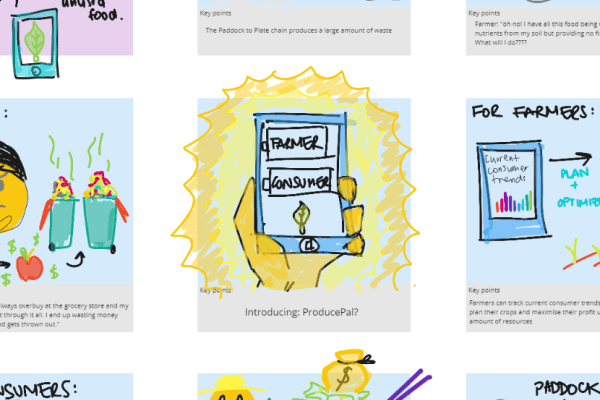 " After="" />
" After="" />
How can we ensure that future science and technologies are designed with socially responsible innovation principles top of mind? The RI FSP has been exploring how part of the solution might lie in the next generation of STEM professionals. We've been collaborating with CSIRO Education and Outreach (CEdO) to develop and deliver a workshop series for high school students which explores Responsible Innovation principles and methodologies.
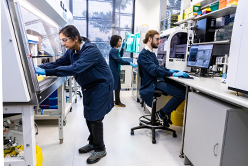 " After="" />
" After="" />
Synthetic biology is a fast-growing area of science that cuts across multiple science disciplines – engineering, biology, chemistry and social science. We've undertaken an analysis of the practical and ethical challenges that need to be overcome in the process of successful collaboration.
 " After="" />
" After="" />
Indigenous scholars around the world have recently come together to tackle the challenges with use and misuse of Indigenous data, and to protect Indigenous data sovereignty, producing principles for Indigenous data governance using a framework called CARE (Collective Benefit, Authority to Control, Responsibility and Ethics).
In case you missed it
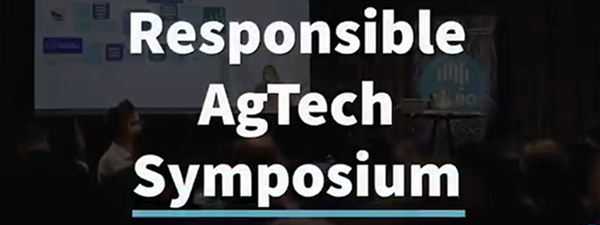 " After="" />
" After="" />
Did you attend our Responsible AgTech Symposium? If not, take the 90-second virtual tour! With 60 people attending in-person and 230 online attendees, this event convened science, governance and industry stakeholders in AgTech (and beyond). Big thanks to the Digiscape FSP for their science leadership, the CSIRO Research Office for their event support, and to all speakers and attendees who either joined us in person or tuned in online.
Henry Dixson (ANU), PhD
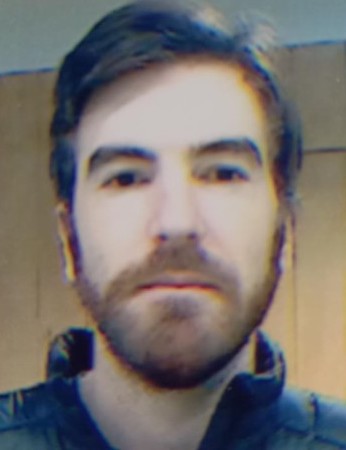 |
Henry joined the team in March 2021 to round out a national cohort of postdoctoral fellows working on responsible innovation across a diverse portfolio of future science and technology. Henry is based at the Research School of Social Sciences at the Australian National University in Canberra and is examining responsible innovation in the field of synthetic biology. He is working with Professor Catherine Waldby (ANU) and Dr Lucy Carter (CSIRO).
Here’s a short introduction from Henry about the skills he is bringing to his latest research challenge:
I am an interdisciplinary social scientist, with a strong interest in how we think through social dilemmas. My PhD, completed at ANU, focused on the emergence of children’s social-cognitive capacities across cultures, and drew on the disciplines of anthropology, psychology, and philosophy.
Following my PhD, I undertook postdoctoral research at The University of Auckland in two separate areas: moral and political values among ni-Vanuatu adults, and lab-based research into the development of cooperation. Most recently I was based at New Zealand’s Department of Conservation where I conducted research into public attitudes around novel technologies.
I also bring my experience conducting ethnographic research in the Pacific, Africa, and urban New Zealand. Since returning to Canberra to take up this new role on Responsible Innovation and Synthetic Biology, I have been drawing on my diverse research experiences and background to develop a new project around public views of new synthetic biology applications.
Coming up
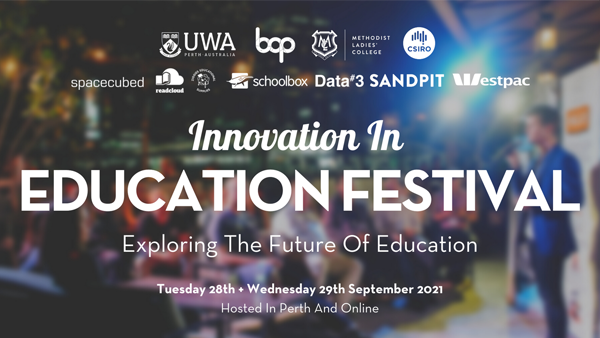 " After="" />
" After="" />
CSIRO is proud to be sponsoring the Innovation in Education Festival. It's been designed to bring together educators, entrepreneurs, and industry for two action-packed days of innovation in education.
Dates:
Tuesday 28 and Wednesday 29 September 2021
Ticket Prices: Standard Tickets = $199pp | Tertiary Student Tickets = $99pp Online Tickets = $99pp
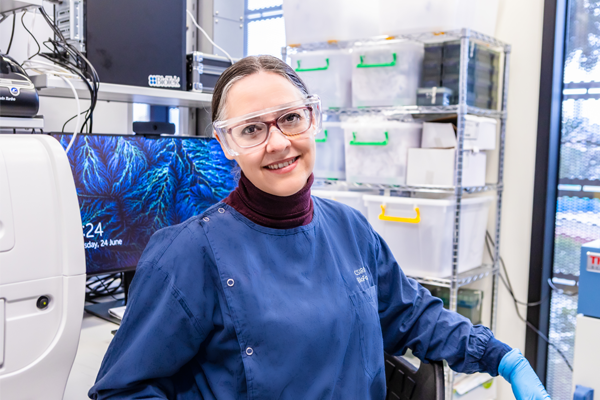 " After="" />
" After="" />
CSIRO is delighted to be part of the University of Queensland (UQ) upcoming workshop on 'Emerging issues in the regulation of synthetic biology in Australia' as part of the CSIRO-UQ Collaboration on Responsible Innovation.Date and time: Thursday 2 September 2021 10:00am–2:00pm Panellists: Professor Claudia Vickers, Director of the CSIRO Future Science Platform in Synthetic Biology Dr Raj Bhula, Gene Technology Regulator Dr Lisa Kelly, GM Team Leader, Science and Risk Assessment, Food Safety Australia New Zealand (FSANZ) Moderator: Dr Artem Anyshchenko, Research Fellow, the University of Queensland.